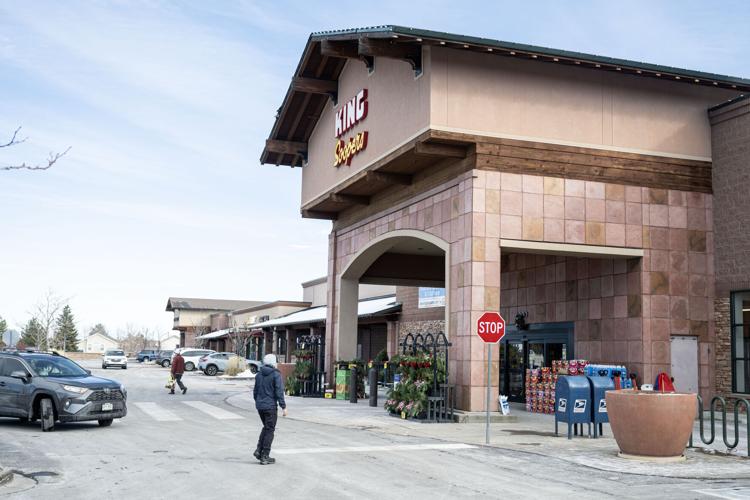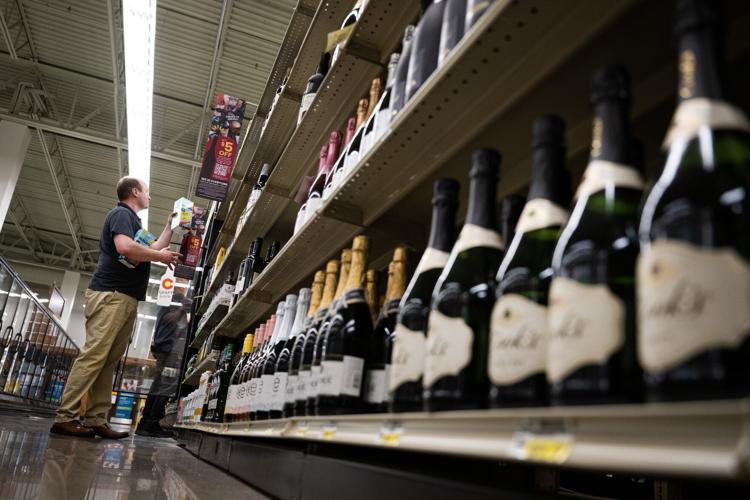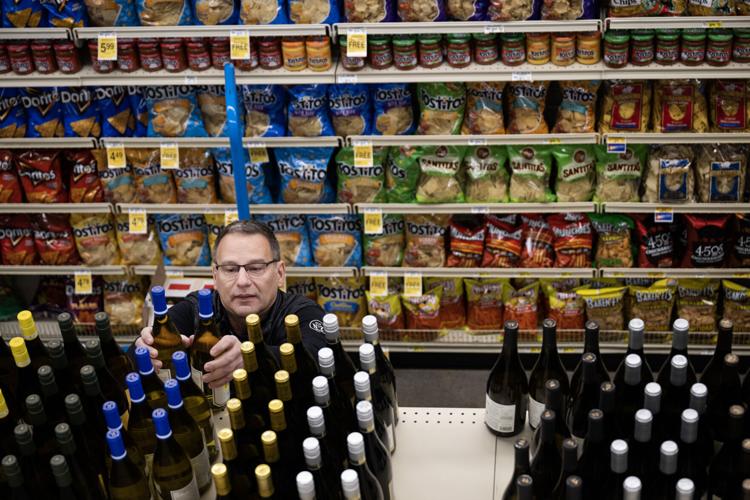Colorado liquor stores sue state alleging lack of license enforcement
Four independent Colorado liquor stores have sued the state, claiming that limits on the ownership of certain licenses aren’t being uniformly enforced and are unfairly — and illegally — benefitting those with hidden interests.
The liquor stores — Heritage Wine & Liquor in Centennial, Applejack Wine & Spirits in Wheat Ridge, and Bevy’s Liquor World in Littleton and Parker — filed suit in Denver District Court against the Liquor Enforcement Division of the Colorado Department of Revenue, demanding an immediate injunction and nullification of licenses issued to a variety of companies that have investors with interests in more than the allowed number of licenses.
State officials said they don’t comment on pending litigation.
At issue are licenses known as Liquor Licensed Drug Stores, which are businesses that, for the most part, are retail stores that have a pharmacy component, such as King Soopers, Target and Costco.
After voters in 2022 approved the sale of wine and beer in grocery stores, the number of LLDS licenses that any one entity or person could own were expanded to eight. Meanwhile, the number of retail liquor licenses that a business or ownership group, typically independent and small operations, can hold is limited to three.
The lawsuit said investment groups, such as Vanguard, Blackrock and a branch of Fidelity Investments, have exploited a loophole in the law, one in which state officials haven’t bothered to close, where they can hold ownership in a number of publicly traded companies — such as The Kroeger Co. in the case of King Soopers — that own LLDS licenses to various locations across Colorado.
Additionally, the investment groups also hold interests in companies that hold other types of liquor licenses, such as manufactories and distributorships, which are also supposed to be tightly regulated and limited, but, the plaintiffs claimed, are not.
So, while King Soopers and Target, for example, each might hold the allowable number of LLDS, Vanguard could have sizeable investments in each of those companies and, in turn, ownership interests in more than the legal limit of licenses.
Moreover, the lawsuit, which doesn’t target the licensees but the state’s enforcement of the liquor laws, alleged that Colorado’s license application doesn’t ask for detailed ownership information other than a company’s corporate directorship, making enforcement of any breach of those limits impossible.
The liquor stores said they’ve unsuccessfully tried to get answers from the state and, failing that, decided to file suit.
“The argument being made … is that the large investment firms are the beneficial owners because they are the significant shareholders in the operating companies,” said Steven Silvers, a spokesperson for the plaintiffs. “A key point is that this isn’t allowed by statute and locally owned liquor store companies are prevented from expanding their interests in the same way.”
The lawsuit noted that Vanguard funds own nearly 11% of Molson Coors Brewing, and that FMR, an arm of Fidelity, owns significant positions within Amazon, which owns Whole Foods Market, as well as Brinker International, the parent company to Chili’s and Macaroni Grill.
Vanguard funds also hold about 3% of Costco, 2% of Kroger, 2% of Target, and 1.5% of Walmart, which contains Sam’s Club.
The lawsuit, filed Dec. 19, came on the heels of a Denver Gazette report that revealed hundreds of independent liquor stores across Colorado are expected to close in the next year, the impact of the voter referendum that expanded who could sell wine and beer.
The reasons are varied, the owners and industry insiders told the Denver Gazette. In some cases, it was a liquor industry that couldn’t compete with chain-owned grocers that drew in and kept the clientele that would normally have stopped only for dinner items and then elsewhere for wine or beer.
In other cases, it was savvy big-box retailers that also dispensed prescriptions — Costco and Sam’s Club among them — that tapped into a little-used decades-old liquor license that was originally designed for local pharmacies.
And in still others, it was grocery chains that saw they could simply outlast any nearby independent liquor store owner long enough to make the latter’s license virtually worthless for any resale consideration.
What voters ultimately approved was a cutthroat industry that in a short timeframe has turned into a bloody and apparently one-sided brawl, the store owners said.
The lawsuit took aim at another part of the state’s laws that, according to the plaintiffs, is unfair and imbalanced.







